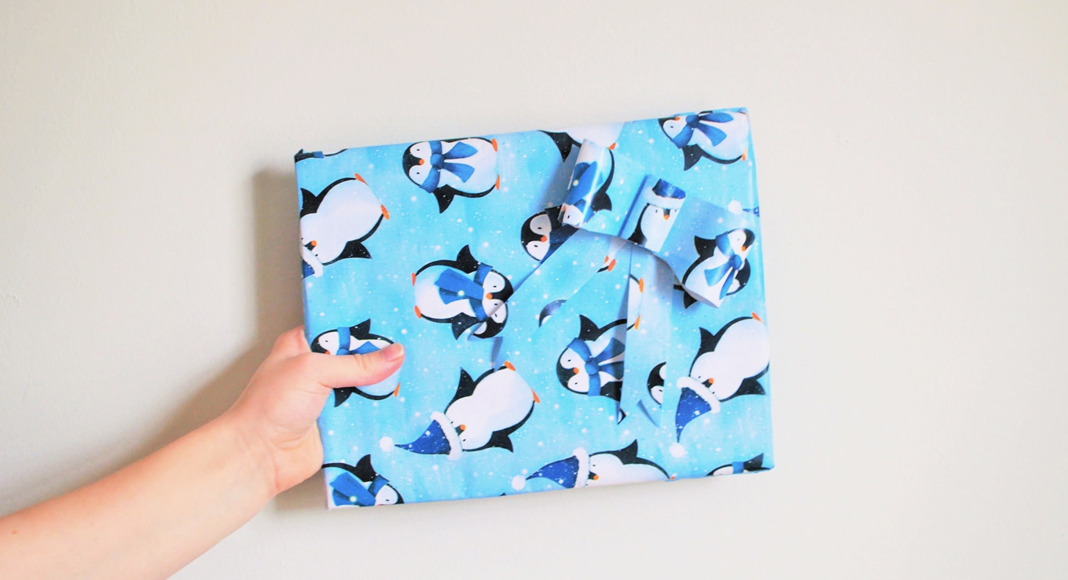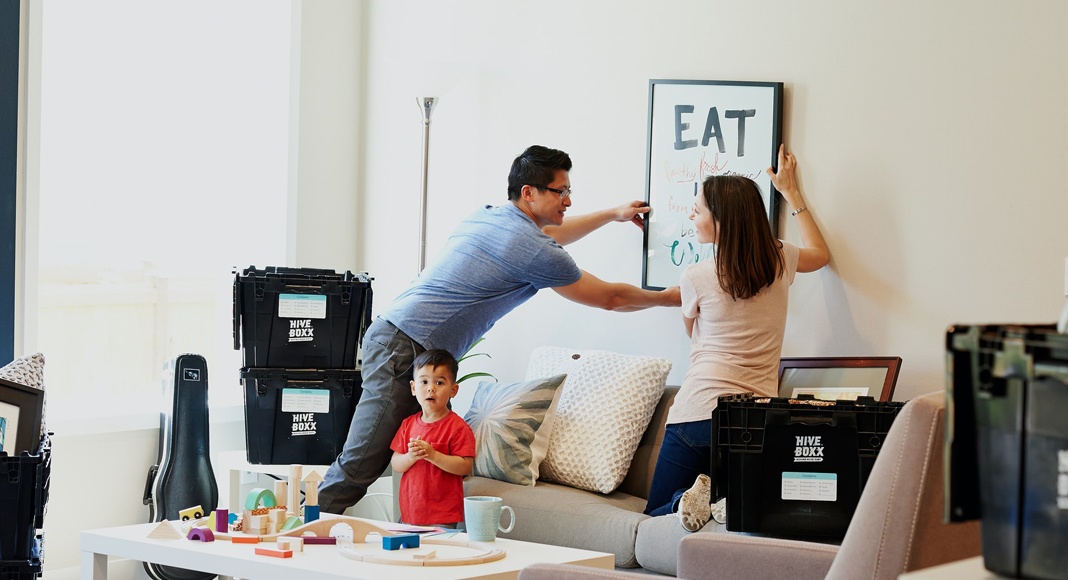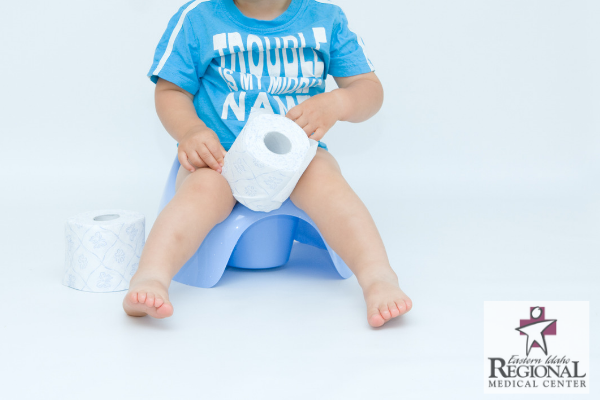“I can’t wait to stop buying diapers,” says EVERY mom ever.
“I can’t wait to ask my child if they need to go potty 41,257 times a day,” says NO mom ever.
“I can’t wait to take my child on a tour of every porcelain commode in Idaho Falls,” says NO mom ever.
“I can’t wait to spend 10 minutes loading all 4 kids in the car to hear ‘I have to go potty’ as soon I buckle my seatbelt,” says NO mom ever.
 Let’s face it, potty training has got to be one of the top 3 most bittersweet things we will do as a parent. We can’t wait to have kids out of diapers and celebrate their dry nights, but wow is it work…and messy! We turn to family, friends, books, blogs, social media, and random strangers buying pull-ups in the grocery store for tips and advice. The amount of information, success stories, and horror stories out there is simply overwhelming. We come with GOOD NEWS today though! There are some real, research-based tips to make this stage a little easier. Okay, we can’t promise to make potty-training easier but we can promise to equip you with some real information to better understand what’s going on with those tiny bodies trying to learn.
Let’s face it, potty training has got to be one of the top 3 most bittersweet things we will do as a parent. We can’t wait to have kids out of diapers and celebrate their dry nights, but wow is it work…and messy! We turn to family, friends, books, blogs, social media, and random strangers buying pull-ups in the grocery store for tips and advice. The amount of information, success stories, and horror stories out there is simply overwhelming. We come with GOOD NEWS today though! There are some real, research-based tips to make this stage a little easier. Okay, we can’t promise to make potty-training easier but we can promise to equip you with some real information to better understand what’s going on with those tiny bodies trying to learn.
We had the chance to meet with two pediatric therapists at Eastern Idaho Regional Medical Center’s Pediatric Therapy Center to talk about what parents really need to know about potty-training and what symptoms may indicate a cause for concern. About 20% of pediatric visits include concerns from parents about trouble potty-training or bedwetting. So, you are far from alone when you ask yourself, “is this normal?” Bailey Porter, a Pediatric Occupational Therapist, and Briana Ulanowski, a Pediatric Physical Therapist, work with children and families to provide therapy for pediatric incontinence. They have a wealth of knowledge on the topic and shared with us some of the BEST things to remember and some TIPS for when our kiddos are struggling to stay dry.
Potty Training Reminders and Tips from Pediatric Therapists at EIRMC
Is my child ready to begin potty training?
Children begin to have an awareness of the bladder between 1 and 2 years old. Voluntary control of the bladder may not come until 3. And, complete control around 4 years old. Nighttime dryness usually comes 10-11 months after daytime. So, rest easy mama – accidents are normal! Your child may be ready to begin potty training if they are doing the following:
- Dry for 2 hours during the day
- Noticing they are wet or dirty and feel uncomfortable in a diaper
- Demonstrating interest in your bathroom habits or the toilet
- Able to dress and undress themselves
What can I do to help minimize accidents?
When a child is having accidents, think poop. No really, the most common cause of accidents is constipation. Kids should have a bowel movement at least once each day. Taking a look at diet and bowel movements can have a real effect on potty training success.
- Keep a food and fluid journal with your child.
- Kids should have 1 oz of fluid (preferably water) per 2 pounds. So, if your child is 30 pounds be sure they are getting at least 15 ounces of water each day.
- Be sure kids are getting enough fiber to keep bowels healthy. Fiber intake in grams should be their age plus 5. So, if your child is 4 shoot for 9 grams of fiber each day.
- Avoid bladder irritants.
- Tomato-based foods, citrus, carbonated drinks, milk, red and blue dyes can irritate the bladder and cause accidents. Try to avoid these before bed to prevent bedwetting or all day if needed.
- Manage constipation.
- Foods like applesauce, bananas, peanut butter, and processed foods can cause constipation so avoid these if your child is not having regular bowel movements.
- The following can help keep kiddos regular – proper support with a stool under feet, fresh fruit and veggies instead of juice, increase fiber and water.
How can I minimize bedwetting?
Bedwetting is common and normal up to age 8. Nighttime dryness generally comes about a year after children are dry through the day. So, stick with diapers or pull-ups until they are dry through the night. As children get older, bedwetting can be tough for parents and kids. Pull-ups are a good option as long as the child is okay to wear them. Bailey and Briana have NEVER met a child that wants to have accidents, so be sure to support them emotionally. If they are embarrassed to wear a pull-up, it’s best not to push it.
- Be sure they are peeing 5-6 times during the day and pooping at least once
- Go to the bathroom right before bed
- Decrease fluids 2 hours before bed
So, you’ve got the information and your child is ready to ditch the diapers…but things aren’t going as planned. When should you be concerned? If your child is experiencing any of the following, make some notes and talk with your pediatrician. You and your pediatrician can decide if a referral to a pediatric urologist is the right step. The next step, then, may be to begin basic therapies.
When should a parent be concerned?
- Child is peeing less than 3 times a day or more than 8 times a day
- Frequent urinary tract infections
- UTI symptoms include urine odor, cloudy urine, pain or itching. While urinary tract infections can be common in children, contact your doctor with any symptoms as they could be a sign of some an issue that needs attention.
- Child was potty trained and is now having accidents
- Pain or burning while peeing
- Bedwetting after 8
- A quick urge to pee
- Straining or hesitation
What therapy and treatment might a doctor recommend?
If you and your doctor feel that therapy is a good option, trained therapists like Briana and Bailey can help in a lot of ways. Treatment could include:
- Bladder diaries. Do they sense they need to go? How often are they going? Etc.
- Specific muscle issue pelvic floor training and biofeedback
- Sensory training. What does it actually feel like when they go potty? Teaching children the language for what they are feeling and what their bodies are doing.
- Parent education
You can schedule an appointment with EIRMC’s Pediatric Therapists at (208) 529-7982.
Other good reminders and resources ::
- Bedwetting up until the age of 8 is normal. This is a tough pill to swallow. It’s easy to worry and become frustrated when kids are still having accidents at night long after they are staying dry during the day. Be patient and know they want to be dry through the night too.
- Continue to check on your child’s restroom visits. Once kids are old enough to go themselves it’s easy to let them be independent. Try to remind them of ‘front-to-back-drop’ regularly and know how often they are using the restroom and having bowel movements.
- Keep a stool near the regular size toilets your child will use. Being in a comfortable position with knees at 90 degrees will help kids completely empty their bowels and help avoid constipation.
- Check out bedwettingandaccidents.com by Dr. Steve Hodges – he developed the M.O.P protocol for resolving accidents. His website is full of wonderful resources, stories from parents, and Facebook pages for parents and older kids, too.
There you have it – tips and info straight the expert therapists! We can’t promise this process will be easy but being equipped with information helps!















